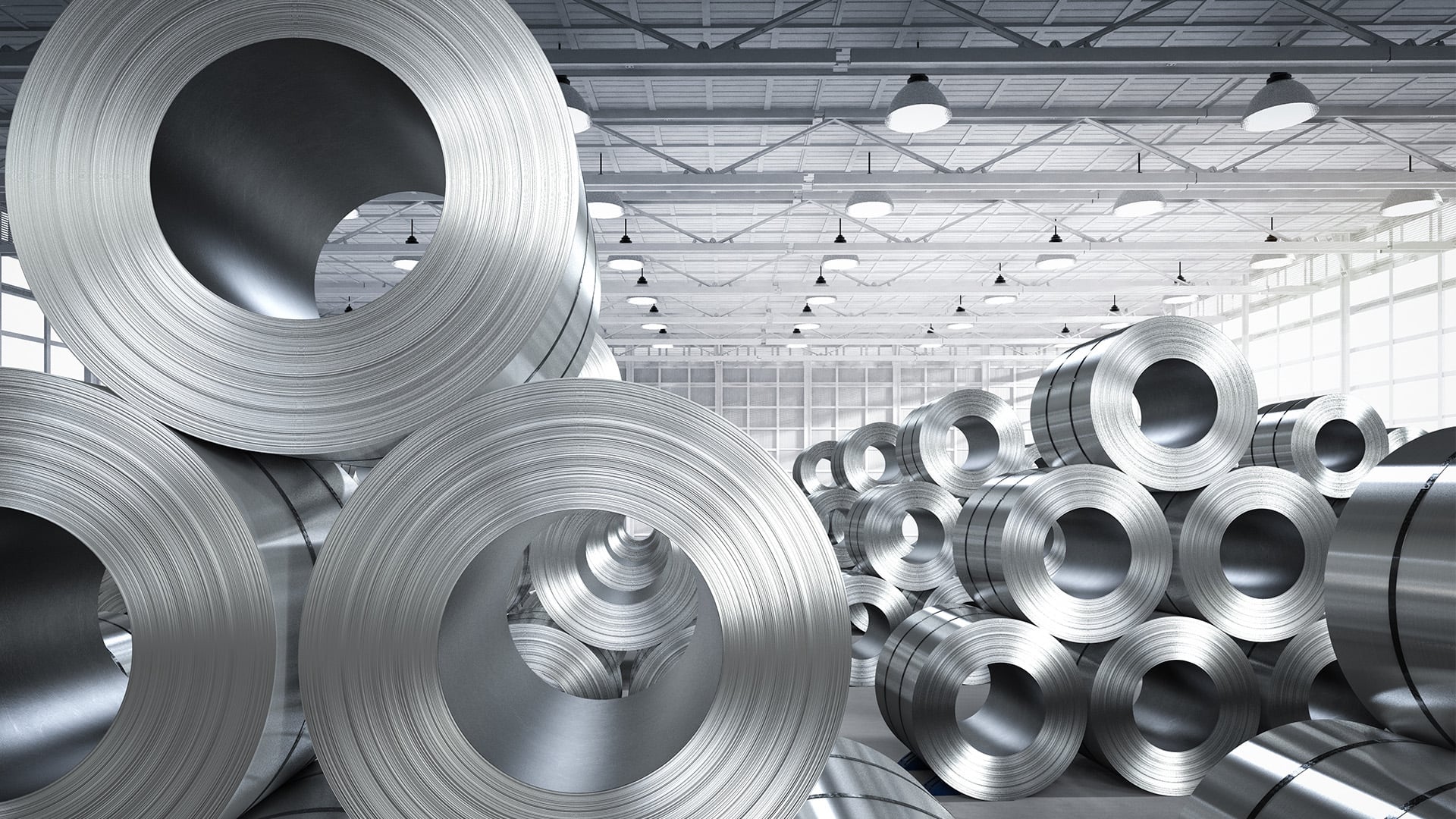1. Corrosion Resistance: Stainless steel is resistant to various chemical reactions such as rust, staining, or decay. This feature makes stainless steel ideal for many applications exposed to outdoor conditions or chemical exposure.
2. Aesthetic Appeal: Stainless steel has a shiny and modern appearance. Therefore, it is used as an aesthetic choice in applications like kitchen appliances, automotive parts, building exteriors, and interior design.
3. Hygiene: Stainless steel has a hygienic surface and is easy to clean. This feature is crucial in fields like food processing, healthcare, and laboratory applications.
4. High-Temperature and Pressure Resistance: Stainless steel is durable even under high-temperature and high-pressure conditions. Thus, it is used in applications requiring such conditions, such as industrial boilers, pipes, and chemical reactors.
5. Durability: Stainless steel is resistant to impacts and wear, making it a preferred choice for automotive parts, tools, and machinery.
6. Recyclability: Stainless steel is a recyclable material, making it an environmentally friendly option.
7. Longevity: Stainless steel is a long-lasting material that maintains its durability over many years.
8. Magnetic and Electrical Properties: Stainless steel can have magnetic and electrical properties, increasing its suitability for various applications.
9. Low Maintenance Requirements: Stainless steel surfaces require minimal maintenance and are easy to clean.
These advantages make stainless steel a popular choice in various industries and applications. However, when determining the type of steel and its characteristics to use, it is important to consider specific application requirements because different types of stainless steel may have varying properties.
